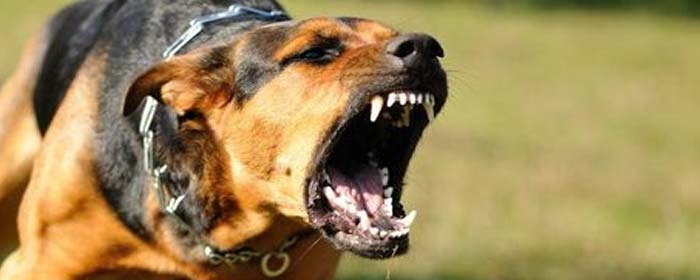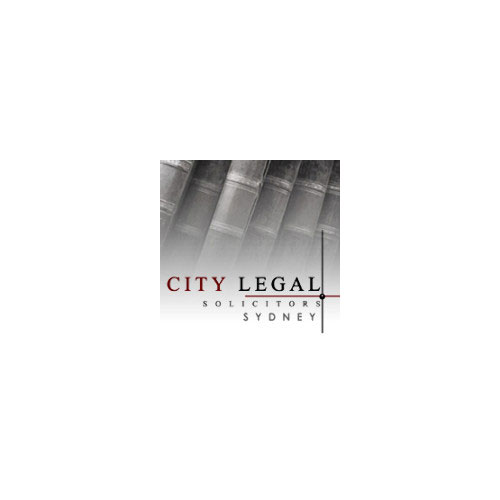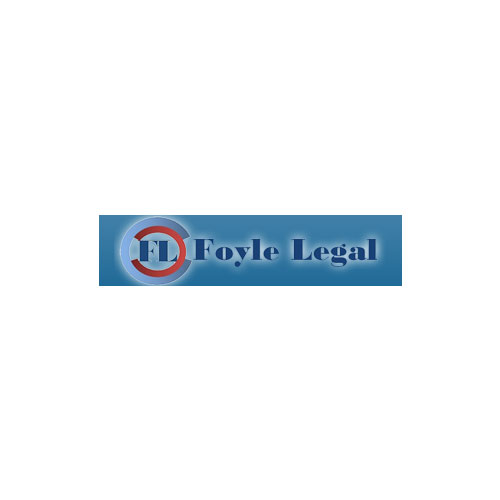Lots of people buy dogs or puppies without thinking it through and fail to adequately manage and train their dogs.
In 2001, in Australia over 350,000 people were bitten severely enough to require a visit to the emergency room with owners and caretakers accounting for most of the bites and claims (77%) and 50% of bites taking place in the home or yard. Unfortunately personal injuries arising from dog bites are quite common, such that they are a sub-specialisation of personal injury law.
If you or anyone in your family is injured by a dog, your health insurance will most likely cover your medical expenses. If you also have coverage from dog bites in your rental or home owner policy, you can also claim from that. While dogs are man’s best friend, we must remember that they are animals and even gentle and seemingly unflappable hounds can become aggressive or dangerous, if they are ill, injured or nervous. If you own a dog, no matter the size, breed or temperament, it is recommended that you get dog bite insurance. Depending on the policy you buy, your dog bite insurance may only cover medical expenses and not material damages; it may also cover your legal fees should you be sued. However, most dog bite claims are settled privately without having to go to court.
Claiming for compensation for injuries arising from being bitten/attacked by a dog is not a simple process, entailing an amalgam of federal, state and local laws as well as civil, criminal and administrative. For this reason, you should consider seeking out the advice of a personal injury lawyer, specialised in dog bite claims.
What happens to your dog if it bites someone?
If your dog was the offending party in a personal injury case, you may be wondering what the consequences for your friend might be. Contrary to what most people believe, just because your dog has bitten someone doesn’t mean you will have to put it down. Generally, the dog will spend a period of 5 days in quarantine, to assess for rabies or other transmissible diseases.
If you were bitten by an unknown or stray dog you may want to call animal control or the local authorities to pick it up and take it to be tested for diseases, and in so doing prevent further possible attacks by that dog.
How can I reduce my liability?
If you own a dog and are concerned about your liability in the case it bites/attacks/knocks over someone, there are several things you can do to mitigate the potential damages.
- Post a sign on your gate warning people that you have a dog on the property
- Take your dog to training
- Walk your dog on a leash (if you fail to comply with the local leash laws, you may find yourself paying punitive damages as well.
One free bite
The ‘one free bite’ rule states that in the case of the first dog bite, the owners are not held liable for the damages as the dog may not have shown aggressive or violent tendencies. This rule is not upheld in all states though, with some states placing dog owners under ‘strict liability’, meaning that even if the dog has attacked someone for the first time and has never shown an aggressive disposition, the owners will be liable for the damages incurred. Make sure you are aware of your local laws and always abide by them.
Proving negligence
Proving that the responsible party was negligent is not straight forward, and may require some administration and bureaucracy.
You will also have to show whether you were complicit in your own accident, determining whether your behaviour or state in the time leading up to the dog bite in some way contributed to or caused it. The relative degree of your responsibility in preventing your own accident, will affect how much you are compensated by, or if your claim is successful.
The value of your claim is not just influenced by provable negligence, but also, the skill of the lawyer you employ, the severity of your injuries, the laws of the state in which the accident occurred, the wealth and/or insurance of the defendant, perception of the jury (if the case goes to trial).
What you can claim for
If you have been attacked or bitten by a dog you can claim compensation for past and future medical costs, loss of earnings, loss of support (in case of death), and material damages. Most dog bite cases not that severe and can be taken to small claims court will which pay up to $10 000 in compensation.
Note that there is a time limit on seeking compensation, so you should pursue your case as soon as you can.
Helpful tips
To save you money and time, most solicitors offer a free first consultation to discuss validity and or the strength of your case and whether and how to move forward. But before you go see a lawyer, you may want to gather some information to help indicate the circumstances of your accident.
- Photographs of your injuries and the dog
- A description of the events that led up to the dog bite
- A medical report detailing your injuries resulting from the accident, how they were treated and how they will continue to be treated (unless healed).
- Financial records of medical bills
- A report indicating your loss of earnings
- A report proving your dependence on the deceased party
- Witness statements describing the accident, your injuries, the dog's behaviour and the actions of the owner.
- A record of the date and time of the accident
In any case of a dog bite claim, whether you are the victim or owner, it is vital that you immediately consult your lawyer, or a law-firm that specialises in dog bite claims. Although dogs are rarely aggressive for no reason, no one can predict how the dog will act, regardless of prior behaviour. Always avoid teasing a dog or provoking it, simple gestures could be interpreted by the dog as threats. Make sure you do not move too quickly or run away, a dog may think it is a fun game and chase you. When meeting new dogs, especially if they are strays, always be aware of the dog's signals. Hesitation, tail wagging, wanting to be touched etc. are all indicators to the dog's intention. Always try and gauge the dog's attitude and react appropriately.











